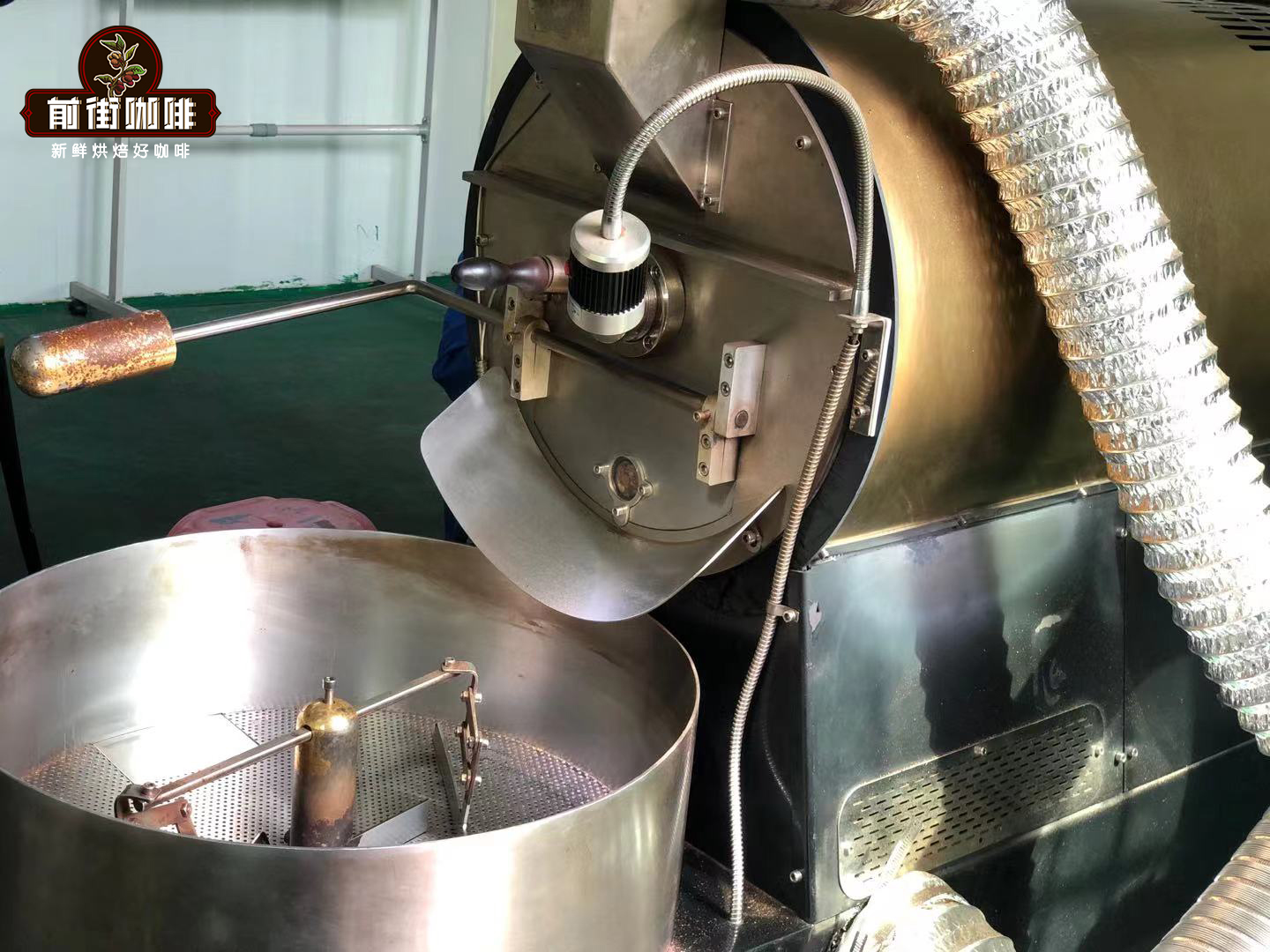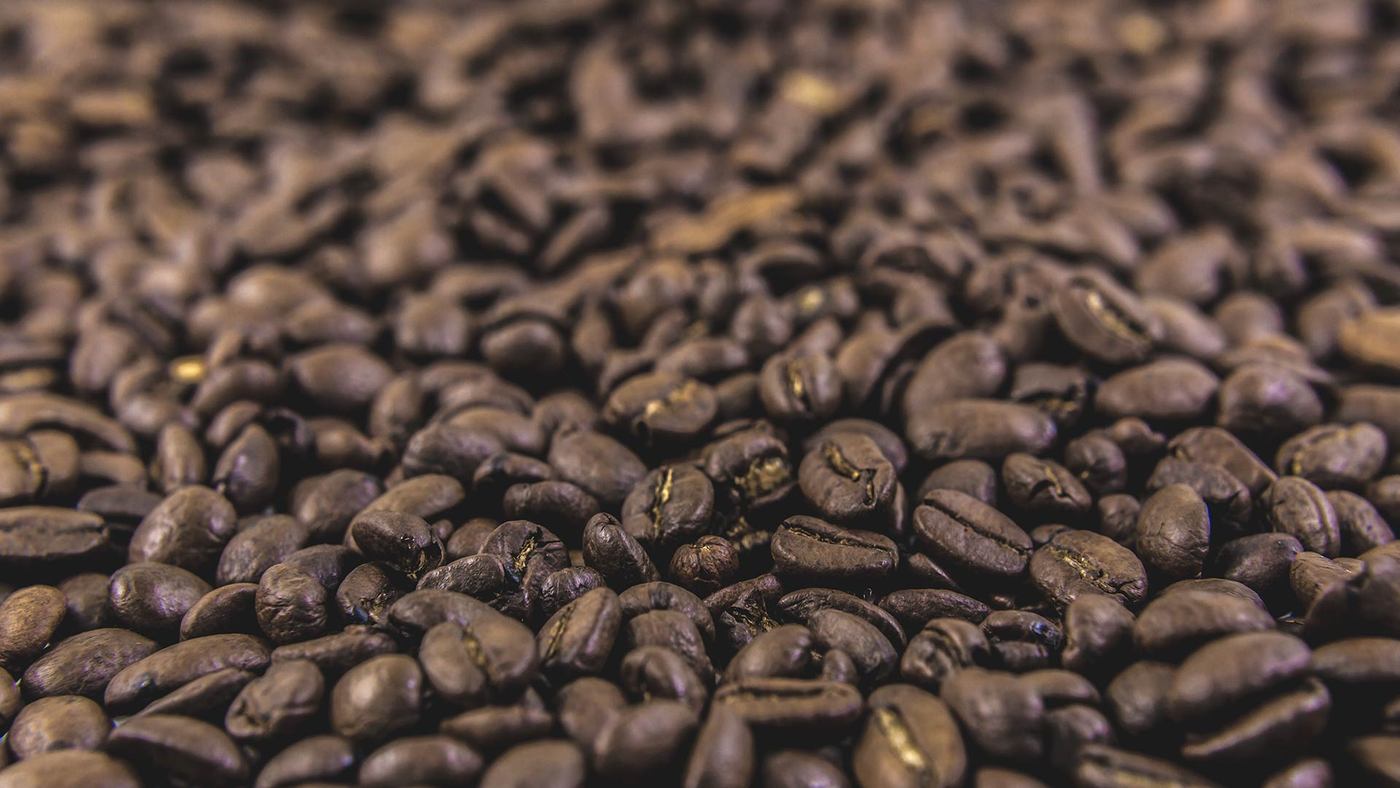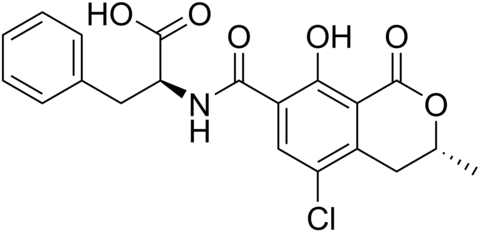Why do you want to drink deep-roasted coffee? How to define the roasting degree of coffee? what are the characteristics?
When selecting high-quality coffee, in addition to a dazzling variety of items, we will also see signs of different roasting degrees. Among the factors affecting a cup of coffee, raw beans account for 60%, roasting accounts for 30%, while brewing accounts for only 10%. When the source of raw beans cannot be changed, roasting becomes more and more important. It can fully express the flavor given by the place of origin and perfect the bean character of beans. This is what the baker strives to pursue. Also hope to be able to convey such a proud work to consumers.
In the following chapters, we will tell you completely about the unique charm of different roasting degrees, the relationship between roasting degrees and caffeine, and how to choose the right roasting degree for your coffee.
The relationship between roasting degree and caffeine: the deeper the roasting, the heavier the caffeine?
"Deep-roasted coffee tastes bitter, so it has a higher caffeine content. "Deep-roasted coffee has more caffeine, so it is refreshing to drink deep-roasted coffee. "these are all common misunderstandings!
First of all, the strong flavor of deep-roasted coffee does not come from caffeine, but from roasting.
Raw coffee beans themselves contain about 1.4% caffeine, which does not produce more caffeine after roasting, and there is very little caffeine dissipated during roasting, so there is no positive correlation between roasting and caffeine. In the case of the same variety and weight, the caffeine content of light or deep roasting can be regarded as about the same!
What kind of baking should I choose?
It is up to the professional baker to determine which baking degree is suitable for each bean before it can give full play to the flavor. for coffee makers, light-roasted coffee can originally show the flavor of coffee producing areas, and some charming tonality will be masked if you choose deep-roasting roasting methods, so boutiques usually offer more light-roasted coffee.
For consumers, flavor preferences are very subjective, and drinking coffee should also depend on personal preferences. If you like fruit acidity, you can choose a lighter baking degree; if you like strong tonality, you can choose medium-roasted or deep-roasted coffee. It's better not to choose one of them!
It is recommended that beginner coffee players can start with deep-baked coffee, and then slowly try medium-roasted or light-roasted coffee, and then know their acceptance of acid value, in order to find the most suitable coffee Europe!
Conclusion
Due to different producing areas, altitude, varieties, moisture content, treatment and preservation of raw beans, through different brands of bean roasters, different firepower heating methods and the roasting methods of each bean baker, many factors influence each other to create many different flavors of coffee. Each pot is unique. The more you drink, the more you can understand the differences between producing areas and varieties. You will have a deeper insight into how to choose coffee.

Important Notice :
前街咖啡 FrontStreet Coffee has moved to new addredd:
FrontStreet Coffee Address: 315,Donghua East Road,GuangZhou
Tel:020 38364473
- Prev

What is the ochratoxin in coffee? The process of producing toxins in the production of coffee beans
Coffee has become the most fortunate symbol of modern life, unveiling the scenery of the day, work to do merit of the magic drink, or used as a natural refreshing drink, rectal awakening agent. This red fruit, which drives goats crazy, reveals the prelude to the story of 500 years of human addiction. The mysterious black gold refined from red berries has been transformed into a global commodity since the great navigation era.
- Next

Does coffee bean roasting have the best flavor curve? How to prevent coffee from producing ochratoxin?
How to avoid ochratoxin produced in the production of coffee beans? The Food and Drug Administration of the Ministry of Health and Drug Administration set the limit of ochratoxin An in food below 5 ppb, which is the same as that of the International Codex Alimentarius Commission (Codex), the European Union and China. Raw coffee depends on imports, so coffee with irregular ochratoxin A content will not enter the domestic market.
Related
- Beginners will see the "Coffee pull flower" guide!
- What is the difference between ice blog purified milk and ordinary milk coffee?
- Why is the Philippines the largest producer of crops in Liberia?
- For coffee extraction, should the fine powder be retained?
- How does extracted espresso fill pressed powder? How much strength does it take to press the powder?
- How to make jasmine cold extract coffee? Is the jasmine + latte good?
- Will this little toy really make the coffee taste better? How does Lily Drip affect coffee extraction?
- Will the action of slapping the filter cup also affect coffee extraction?
- What's the difference between powder-to-water ratio and powder-to-liquid ratio?
- What is the Ethiopian local species? What does it have to do with Heirloom native species?

